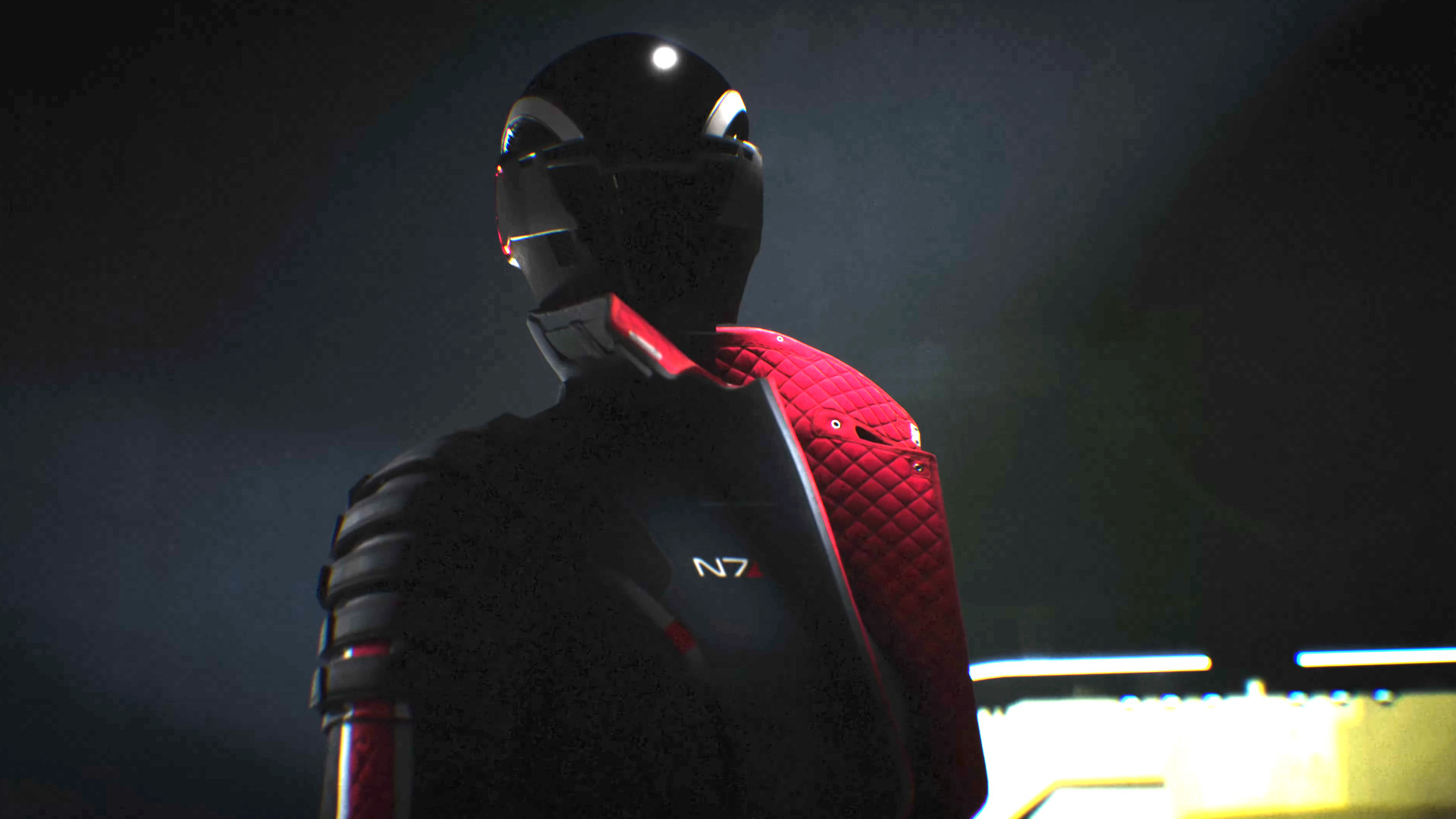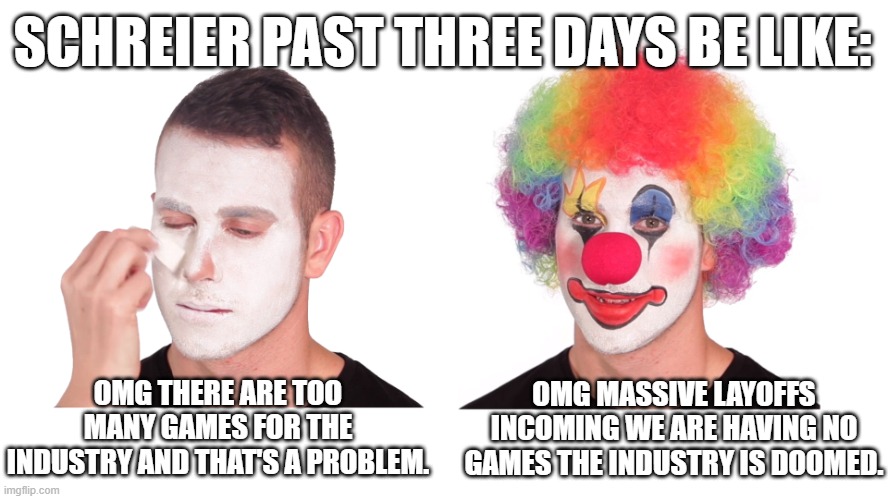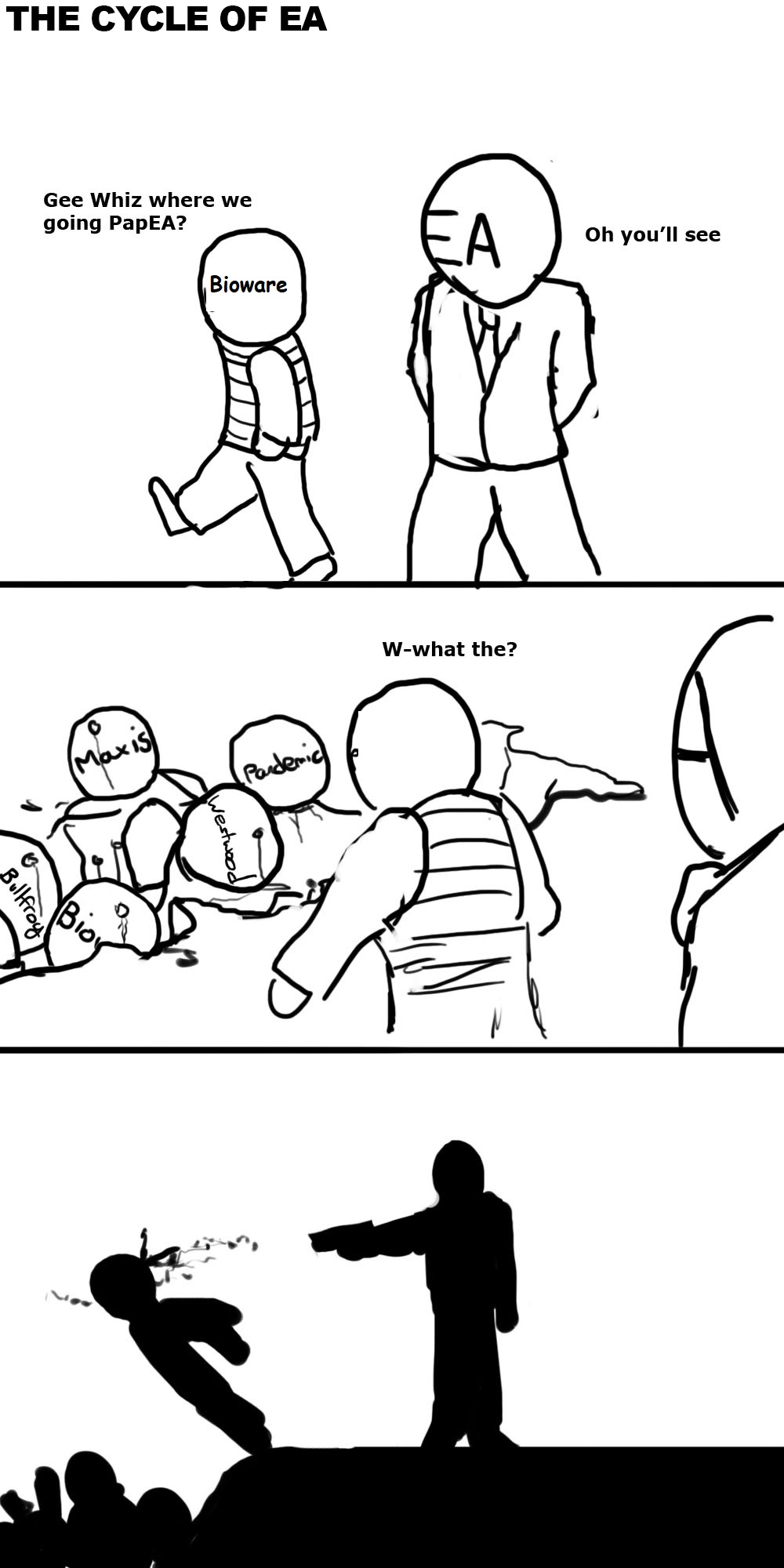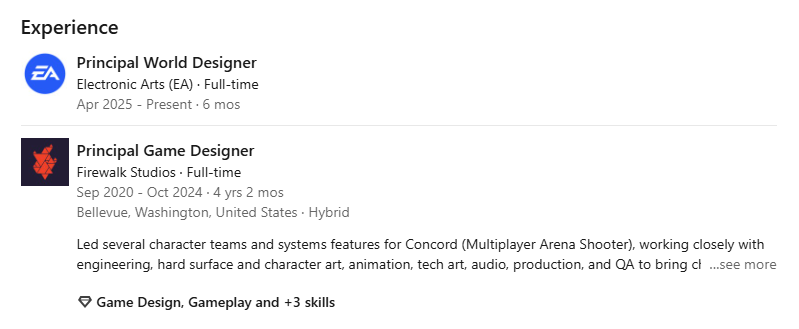LectureMaster
Has Man Musk
EA is officially going private as part of a $55 billion dollar deal led by Saudi Arabia's Public Investment Fund, private equity firm Silver Lake, and Jared Kushner's investment firm Affinity Partners. The deal will be partially financed by EA taking on $20 billion in debt – and as the industry wonders how the publisher will deal with that financial burden, BioWare fans in particular are terrified of what might await the beloved RPG studio in the future.
"The transaction will be funded," a press release explains, "by a combination of cash from each of PIF, Silver Lake, and Affinity Partners as well as roll-over of PIF's existing stake in EA, constituting an equity investment of approximately $36 billion, and $20 billion of debt financing fully and solely committed by JPMorgan Chase Bank, N.A., $18 billion of which is expected to be funded at close."
You may have heard about leveraged buyouts funded by private equity in the past, and this is essentially how they work. An investor, or group of investors, puts up some amount of cash to buy a company, while the rest of the purchase price is funded through debt taken on by that company. In grossly simplified terms, once the deal closes, EA will have a $20 billion mortgage on itself.
No one yet knows precisely how EA will pay off that debt, but other leveraged buyouts have often been swiftly followed by money-saving efforts that, well… calling them "aggressive" would be a substantial understatement. As Bloomberg reporter Jason Schreier notes on Bluesky, the EA deal "could mean mass layoffs, more aggressive monetization, and other big cost-cutting measures."

(Image credit: BioWare)
EA's success is propped up by massive franchises like its annual sports games, but the company also owns no shortage of beloved IP. Would the risk of another Titanfall happen when there's $20 billion in debt to pay off? Would a new Skate, whatever issues it might have, ever have been greenlit?
But nobody's more frightened of the possibilities than BioWare fans. The beloved studio has produced some of the most beloved RPGs of all time – the likes of Baldur's Gate, Star Wars: Knights of the Old Republic, Mass Effect, and Dragon Age – but it hasn't had a bonafide hit in years. Finally getting to launch a single-player RPG last year seemed like a victory, but Dragon Age: The Veilguard underperformed financial expectations.
"It's over, Commander," as one thread on the Mass Effect subreddit laments, and you'll find a lot of similar sentiments in other comment threads across the internet. The general feeling among fans seems not to be fear about what might happen to BioWare with those financial concerns in mind – they're acting as if the studio is already dead, that Mass Effect 5 is already canceled, and they're mourning accordingly.














